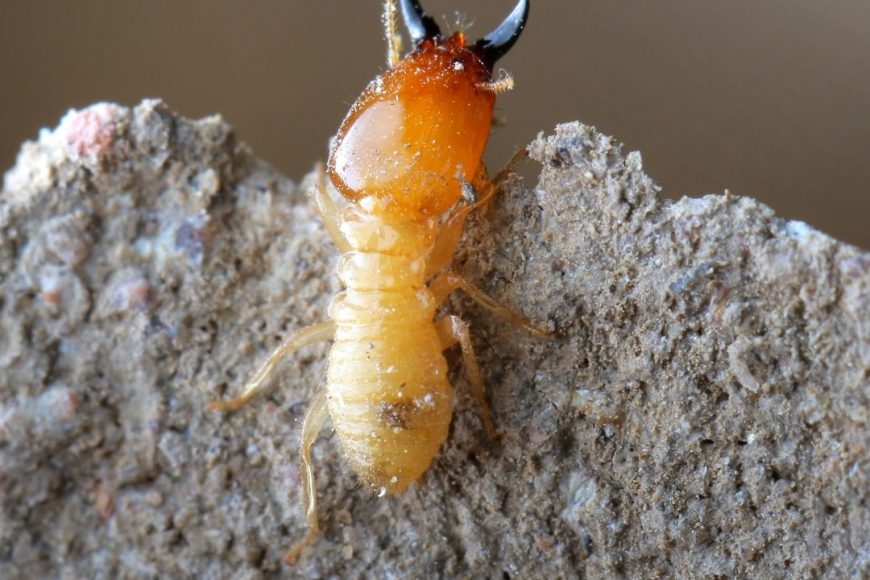- By Caleb
- In TERMITES
- Tags Termite Control, Termite Inspection
Fill out the form below and a Cypress Creek representative will be in touch with you about your pest control needs.

Termites are pests that can cause serious damage to your home if not properly dealt with. That’s why regular termite inspections are important for every homeowner. However, not all termite inspections are the same. It’s crucial that you work with a qualified inspector who can identify the signs of termite infestation and recommend the most appropriate treatment plan. To ensure that you’re working with the right professional, you should ask the right questions during a termite inspection. In this blog post, we’ll discuss the essential questions you should ask during a termite inspection.
1. What signs of termite infestation should I look for?
One of the most important questions to ask during a termite inspection is what signs of termite infestation you should look for. A qualified inspector should be able to identify the different types of termites and how they operate. They should also be able to point out the signs of termite activity, such as hollow spots in wood, mud tubes, and termite droppings. Armed with this knowledge, you’ll be better equipped to identify potential termite problems before they get out of hand.
2. Where are the most vulnerable areas in my home for termite infestation?
Another important question to ask during a termite inspection is where the most vulnerable areas in your home are for termite infestation. A qualified inspector should be able to determine which areas in your home are most likely to be affected by termites, such as the foundation, basement, and attic. They should also be able to give you advice on how to protect these vulnerable areas from termite activity.
3. What treatment options are available?
If your inspector identifies termite activity in your home, your next question should be about your treatment options. A qualified inspector should be able to explain the different treatment options available for your particular situation, including chemical treatments, non-chemical treatments, and baiting systems. They should also be able to recommend the best treatment option for your home and provide you with an estimate of the costs involved.
4. What preventative measures can I take to avoid future termite infestations?
Once your current termite problem has been dealt with, it’s important to take preventative measures to avoid future infestations. That’s why you should ask your inspector about the preventative measures you can take to protect your home from termites. This may include regular inspections, eliminating moisture sources, repairing leaks, and sealing cracks and crevices. By taking preventative measures, you can save yourself the hassle and expense of dealing with a termite infestation in the future.
5. Are there any restrictions or precautions I should take after treatment?
Finally, it’s important to ask your inspector about any restrictions or precautions you should take after treatment. Depending on the treatment method used, there may be specific instructions you need to follow to ensure the effectiveness of the treatment and the safety of your family and pets. Your inspector should be able to provide you with detailed instructions and answer any questions you may have.
A termite infestation can cause significant damage to your home, which is why regular termite inspections are essential. When working with a qualified inspector, it’s important to ask the right questions. By asking about signs of termite activity, vulnerable areas, treatment options, preventative measures, and post-treatment precautions, you can ensure that your home is protected from termites. Remember that prevention is always better than cure when it comes to termite infestations. By taking preventative measures and keeping an eye out for signs of termite activity, you can avoid potentially costly damages in the future.